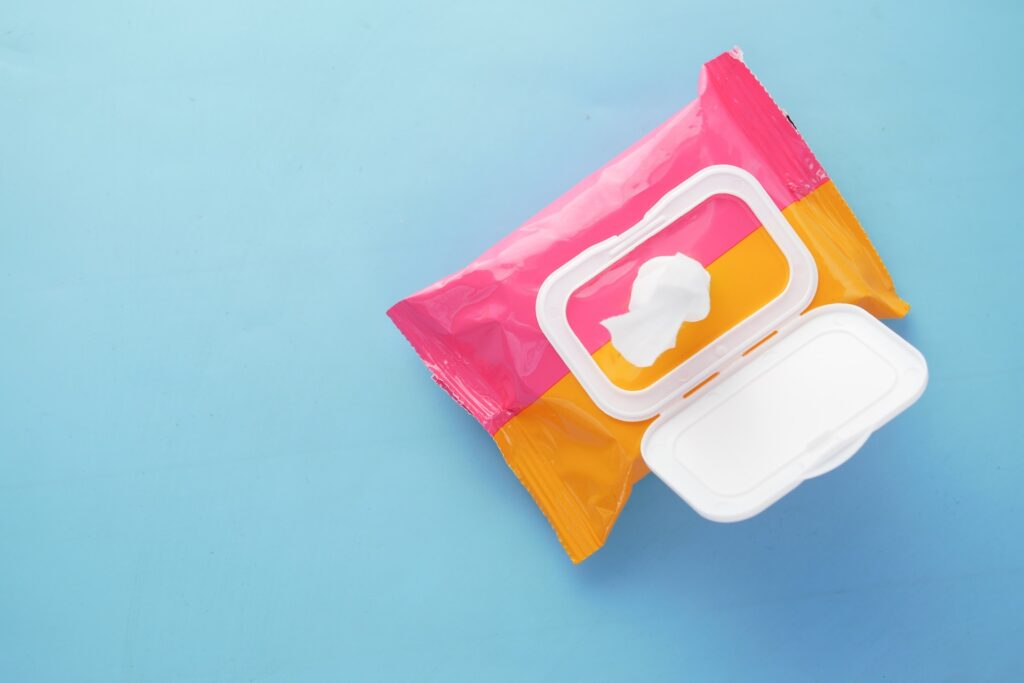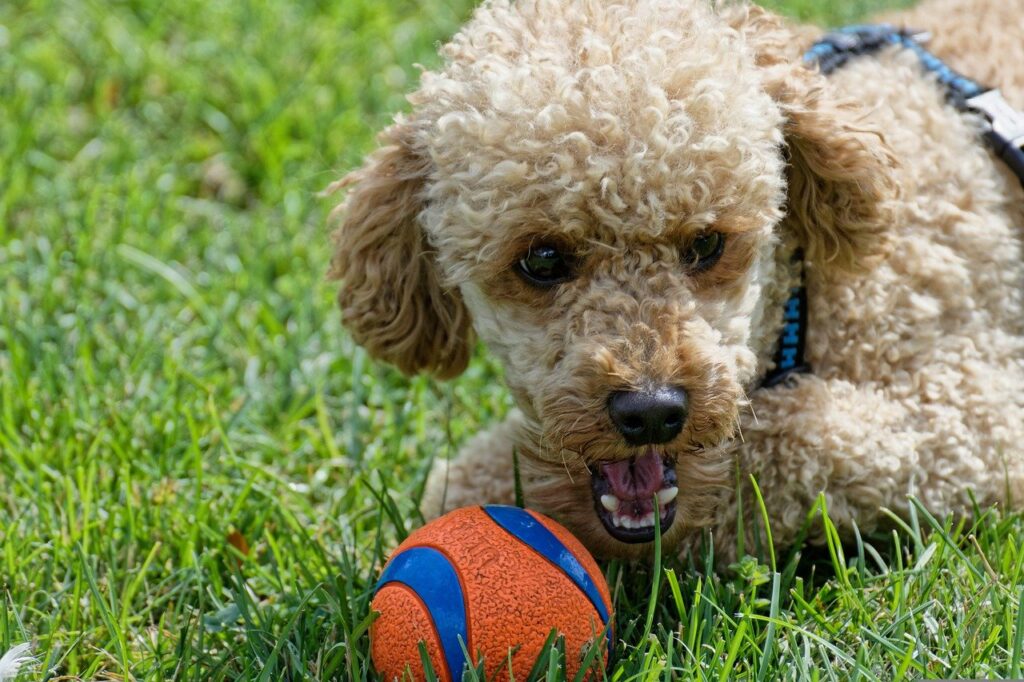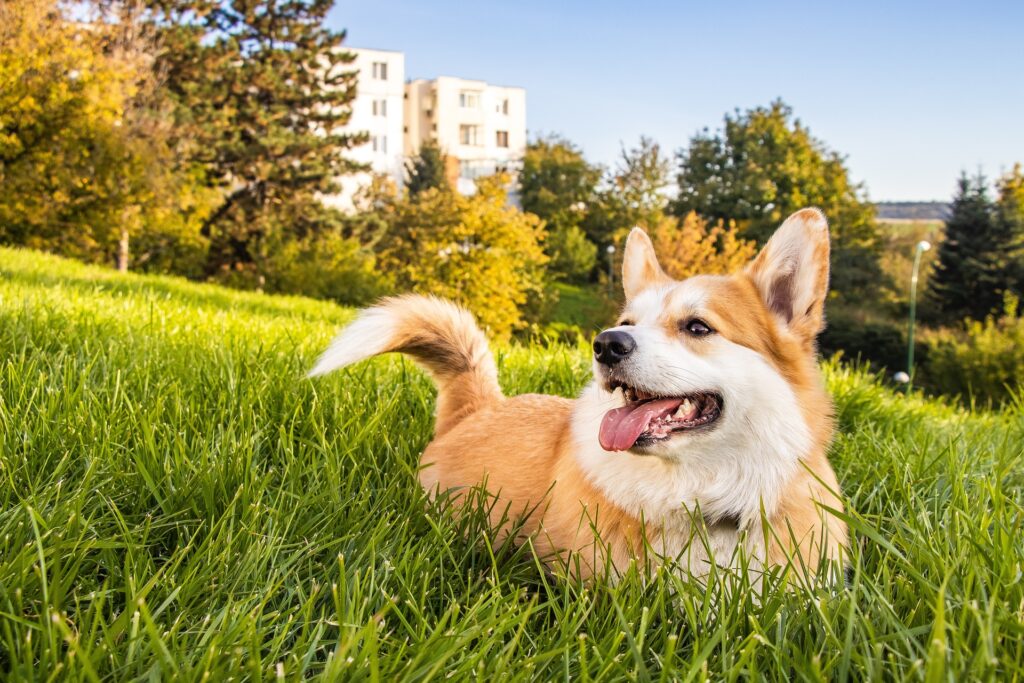Picture this: you’re out for a leisurely stroll with your furry friend when suddenly, they spot a patch of dirt and can’t resist the temptation. Within seconds, they’re rolling around with sheer delight, covering themselves from head to paw. But have you ever wondered why do dogs roll in the dirt?
Dogs roll in the dirt to regulate their body temperature, mask their scent, or communicate with other dogs. However, the exact reason remains a mystery, leaving researchers intrigued by this quirky behavior.
- Why Do Dogs Roll in the Dirt – Understanding the Behavior
- Reasons Behind Dogs Rolling in the Dirt
- Why Do Dogs Roll in the Dirt After a Bath?
- Is It Unhealthy or Bad for Dogs to Roll in Dirt?
- How to Stop Dogs from Rolling in the Dirt
- Myth Debunking: Common Misconceptions
- Tips for Managing Dirt-Rolling Behavior In Dogs
Why Do Dogs Roll in the Dirt – Understanding the Behavior
Dogs rolling in the dirt is a behavior that spans across various breeds and is prevalent in canine populations worldwide. It’s important to note that this behavior is influenced by a combination of genetic and environmental factors, making it an inherent part of their instincts and natural behaviors. Even if it can be annoying and dangerous, like when dogs chew on wood, this is something we must deal with during our life with our pups.
Reasons Behind Dogs Rolling in the Dirt
There are a few reasons why a dog would engage in this behavior. And you might find some of them surprising.
Curious and Fun Behavior
Dogs are naturally inquisitive beings, and engaging in a bit of dirt rolling can be a delightful and playful pastime for them. It’s their manner of investigating their environment, embracing their senses, and encountering the world in their distinctive canine manner.
To Ditch Unnatural Scents
One primary reason dogs roll in the dirt is to remove or mask unfamiliar or unpleasant smells that they may have picked up during their adventures. By rolling in the dirt, they can effectively “reset” their olfactory system, getting rid of scents that may be overwhelming or discomforting to them.
As a Form of Communication
Believe it or not, dogs rolling in the dirt can also be a means of communication. In multi-dog households or in social encounters with other dogs, rolling in the dirt can serve as a way for them to leave their scent behind, essentially marking their territory or leaving a message for other canines.
To Cool Off and Regulate Temperature
On hot days, dogs may roll in the dirt as a way to cool off and regulate their body temperature. The dirt acts as a natural insulator, providing a layer of protection against the scorching sun and helping them stay cool amidst rising temperatures.
To Relieve Itchiness or Discomfort
Why do dogs enjoy rolling in the dirt so much? Because rolling in the dirt can provide relief from itchiness or discomfort caused by various factors such as allergies, dry skin, or insect bites. The dirt may help alleviate the itch or offer a temporary soothing sensation to irritated skin.
To Collect Scents
Dogs have an exceptional sense of smell, and rolling in the dirt allows them to collect and carry scents with them. This behavior can be traced back to their ancestors who relied heavily on scent marking for communication and survival.
Masking Their Own Smell
In certain situations, dogs may roll in the dirt to mask their own scent. This behavior can be seen in hunting dogs or working dogs that need to remain undetected by their prey or potential threats. By blending in with their environment, they increase their chances of a successful hunt or surprise attack.
According to Dr. Stanley Coren, a Professor Emeritus in the Department of Psychology at the University of British Columbia, this theory seems to make the best evolutionary and adaptive sense.
| “If an antelope smelled the scent of a wild dog, or jackal or wolf nearby, it would be likely to bolt and run for safety. For this reason wild canines learned to roll in antelope dung or carrion. Antelopes are quite used to the smell of their own droppings and carrion is common on open plains where many animals live. That means that the antelopes or other prey animals are less likely to be frightened or suspicious of a hairy thing that is coated with that smell rather than that same visitor who smells like a wolf. This allows the wild hunting canine to get much closer to its prey.” Dr. Stanley Coren |
Learned Behavior
Dogs are incredibly observant and often learn behaviors by watching other dogs or their human companions. If they see another dog rolling in the dirt and enjoying it, they might imitate the behavior as a form of social bonding or mimicry.
Why Do Dogs Roll in the Dirt After a Bath?
Have you ever noticed that your dog loves to roll in the dirt immediately after a bath? It might seem counterintuitive, but there are reasons behind this seemingly peculiar behavior.
- Getting Rid of Unnatural Smells: Dogs have a highly sensitive sense of smell, and after a bath, they may perceive the shampoo or soap scent as unnatural. Rolling in the dirt helps them remove or mask these foreign smells and restore their familiar scent.
- Unpleasantness of Foreign Smells: The introduction of unfamiliar scents during the bathing process can be uncomfortable for dogs. Rolling in the dirt afterward can be their way of reclaiming their natural odor and regaining their comfort.
Is It Unhealthy or Bad for Dogs to Roll in Dirt?
Dogs rolling in the dirt is generally a harmless behavior, but there are a few reasons why you may want to discourage excessive dirt rolling:
A. Dirty All the Time: Rolling in dirt can lead to your dog being covered in dirt and mud, which can create a mess in your home or car.
B. Stinky Dirt: Depending on the location, the dirt your dog rolls in might contain foul-smelling substances, such as decomposing organic matter or animal droppings. This can result in your dog carrying unpleasant odors with them.
C. Risk of Fleas or Ticks: Dirt may harbor fleas, ticks, or other parasites that can cling to your dog’s fur. Regular tick and flea prevention measures are crucial to protect your furry friend from these pests.
D. Skin Problems: If your dog has sensitive skin or allergies, excessive dirt rolling may exacerbate existing skin issues or cause new ones to develop. If you notice your dog’s balls turning black, it may not be from the dirt, but an underlying skin issue.
E. Contaminated Dirt: In some areas, the dirt may be contaminated with harmful substances such as chemicals, pesticides, or toxins. Rolling in such dirt can pose health risks to your dog.
How to Stop Dogs from Rolling in the Dirt
If you find that the dirt-rolling ritual in your dogs becomes excessive or problematic, there are a few methods you can try to curb the habit:
A. Understanding the Underlying Issue: Identify if there are any underlying causes, such as allergies or skin irritations, that might be driving your dog’s excessive dirt rolling. Addressing these issues can help reduce the behavior.
B. Training Methods: Employ training techniques to discourage the behavior and redirect your dog’s focus.
- The “No” Command: Teach your dog the “no” command and use it whenever they attempt to roll in the dirt. Consistent reinforcement can help them understand that this behavior is not desirable. If your dog doesn’t listen to you, you can also ask for help from a professional.
- Citronella Collar or Spray Bottle: Some dogs respond well to negative stimuli like the scent of citronella or a spray of water from a bottle when they exhibit the undesired behavior. “Citronella is a harmless plant oil that has a scent that your dog dislikes. Your dog will learn to associate the spray of citronella to whenever they bark. They will decrease their annoying habit as they understand that they will not receive the spray as long as they don’t bark.”, they explain. This tool was originally made for dog barking, but it works for other unwanted behaviors too.
- Positive Reinforcement Training: Reward your dog with treats, praise, or playtime when they refrain from rolling in the dirt. This positive reinforcement will reinforce good behavior.
- Keeping the Dog Leashed: Keep your dog on a leash during walks and supervise them closely to prevent dirt rolling when it’s not appropriate.
- Providing Sufficient Exercise: Ensure your dog gets enough physical and mental exercise, as a tired dog is less likely to engage in excessive dirt rolling.
Myth Debunking: Common Misconceptions
Let’s address some common misconceptions surrounding dogs rolling in the dirt:
- Myth: Rolling in the dirt is always a sign of illness or behavior problems.
- Fact: While excessive or compulsive dirt rolling may indicate an underlying issue, occasional dirt rolling is typically a natural behavior and not a cause for concern.
- Myth: Dogs roll in the dirt because they are unclean or poorly groomed.
- Fact: Dogs have different grooming habits than humans. Rolling in the dirt is not an indicator of poor hygiene, as dogs groom themselves in their unique way.
- Myth: Dogs roll in the dirt to intentionally get dirty.
- Fact: Dogs have different motivations for rolling in the dirt, including itch relief, scent collection, and temperature regulation. It’s not solely about getting dirty for the sake of it.
Tips for Managing Dirt-Rolling Behavior In Dogs
To manage the dirt-rolling habit of your dogs effectively, consider the following tips:
- Regular Grooming: Maintain a regular grooming routine for your dog, including brushing and bathing. This can help minimize dirt accumulation and reduce the need for excessive dirt rolling.
- Provide a Digging Area: Create a designated area in your yard where your dog can dig and roll in the dirt to satisfy their instincts. This can help redirect their behavior to a controlled space.
- Engage in Interactive Play: Provide plenty of mental and physical stimulation through interactive play sessions and engaging toys. This can help channel your dog’s energy and reduce their desire to roll in the dirt.
- Use Distractions: When you anticipate your dog’s desire to roll in the dirt, divert their attention with a toy, treat, or a game. By redirecting their focus, you can discourage the behavior.

Final Thoughts: Why Does My Dog Roll in the Dirt?
Dogs roll in the dirt because it is a natural behavior deeply rooted in their instincts. Whether it’s for communication, comfort, or simply the joy of indulging in their innate behaviors, dogs have their reasons for rolling in the dirt. While it’s important to manage this behavior and ensure your dog’s well-being, it’s also essential to embrace their unique quirks and understand that rolling in the dirt is a part of what makes them the lovable and intriguing creatures they are.
Seek professional guidance if your dog’s dirt-rolling behavior becomes excessive or interferes with their overall well-being. With a balanced approach, you can create a harmonious environment where your dog can enjoy their instincts while maintaining their health and cleanliness.
FAQ
Why do dogs roll on grass?
Dogs will roll on the grass in an effort to scratch an itch that has been bothering them. They also might find it fun or a way to mix up their scent.
Why do dogs roll in the mud?
Mud is great for dogs that want to cool off during the hot summer days. Even though they resemble pigs and get dirty, this can be a beneficial behavior for them.
Do all dogs roll in the dirt?
No, not all dogs roll in the dirt. While it is a common behavior observed in many breeds, and we know why dogs roll in the dirt, each dog has its own unique preferences and tendencies. Factors such as breed, individual personality, and environmental influences can play a role in determining whether a dog engages in dirt rolling.
More Dog Behavior Resources
Here are a few other resources talking about other unusual behavior in dogs and how to deal with them.
- Why Does My Dog Lay On Me
- Signs That A Male Dog Wants To Mate
- Do Dogs Get Tired Of Barking
- Why Does My Dog Jump On Me
- Why Does My Dog Lick My Legs
You can find a lot more information on weird dog behaviors on our site Dogisa!
What To Do If Your Dog Ate A Baby Wipe: Advice And Solutions
Dogs like to chew on things and sometimes they will get their chompers on something…
Do Poodles Pick A Favorite Person? – How To Be The Favorite
Poodles are loving and intelligent dogs that will fit in perfectly with your family. And…
Do Poodles Bite? – Reasons For Biting And How To Control It
Poodles are a cute dog breed that is very popular among dog owners. People usually…
Why do Dog Leave Odorless Wet Spots? And how to treat them
It is not uncommon for dog owners to notice that their dog leave odorless wet…
Why Does My Dog Only Have Diarrhea At Night? [How To Help]
Diarrhea is not an uncommon thing and most dogs will suffer from it at least…
A Complete Guide To The Corgi Heat Cycle [+ Tips]
Going into heat is what we refer to when we talk about periods in dogs….







